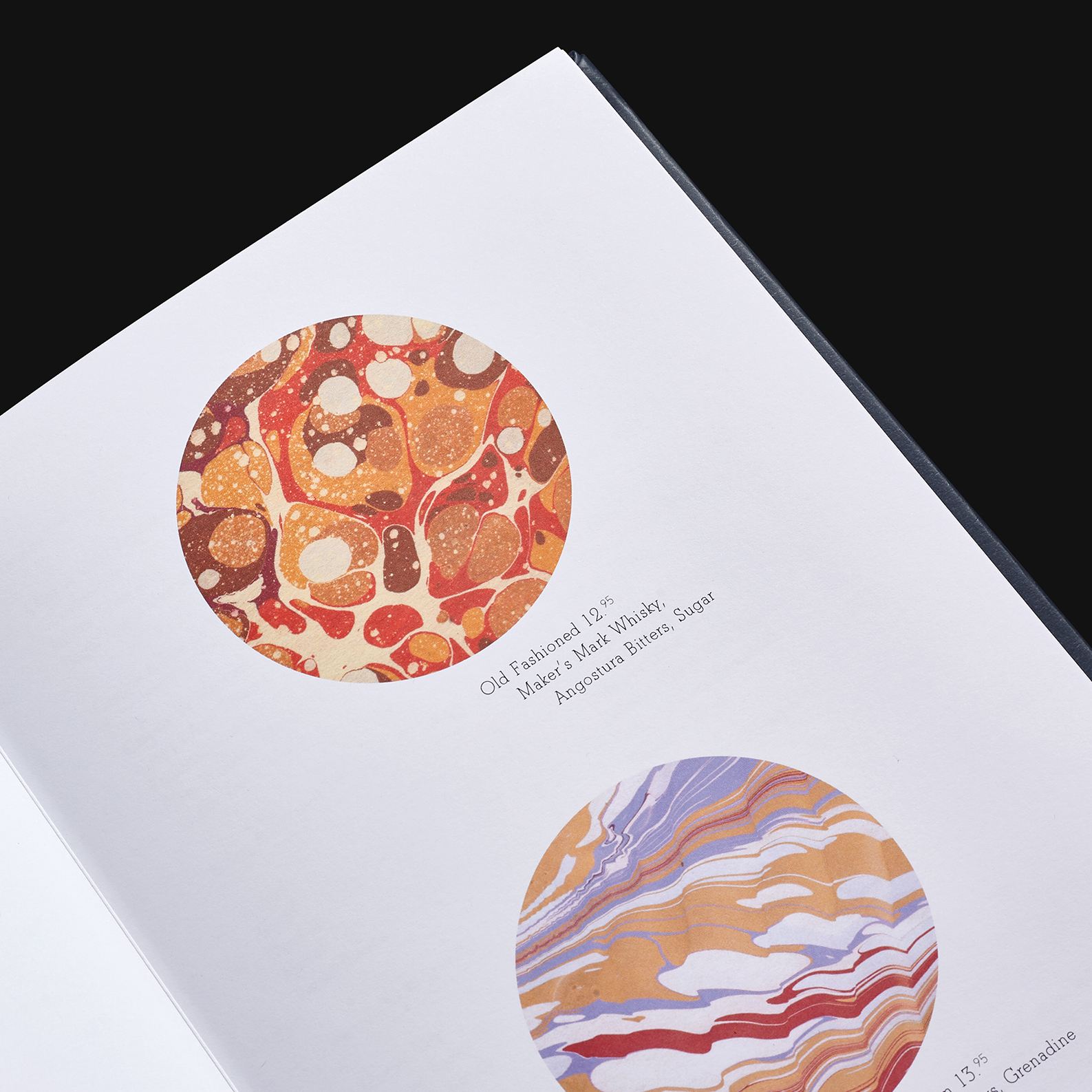06 : 12 : 19 : Weekly Debrief
This week: The luxury of nature, re-imagining taste, truly inclusive skincare, Facebook's wellbeing surveys and no-nonsense pet food.
1. A luxury eco-resort made from 3D-printed sand
Mozambique – The Kisawa Sanctuary Hotel uses design to integrate itself into the natural environment.
The resort, built from 3D-printed sand, is setting a new standard in sustainable design. Set to open in 2020 off the east coast of Mozambique on Benguerra Island, the hotel offers 12 bungalows set across 300-hectares of private beach, forest and sand dunes. Each house includes a personal beachfront, swimming pool, massage hut and electric vehicles to get around the island.
With prices starting at $5,500 (£4,202, €4,964) a night, the hotel encourages eco-tourism among high-spending luxury consumers. To connect culturally with the area, local designers were brought in to implement Mozambican weaving, thatching, carpentry and textiles within the 3D-printed sand structure.
Although eco-conscious hotels have long existed as a niche within the hospitality industry, HNWI consumers are increasingly looking to offset their impact.
 Orrery bar menu designed by DutchScot
Orrery bar menu designed by DutchScot
2. Orrery rethinks how menus communicate flavour
London – The Marylebone restaurant has a new visual identity inspired by planetary orbits.
Designed by DutchScot, the rebranding centres around the planetary system, playing on the eponymous word orrery – a scale mechanical model of the solar system. As well as a new logo, the studio collaborated with artist Jemma Lewis to create a series of marbled prints for the restaurant’s menus, coasters and wall art.
The prints are inspired by the feel of items on the menu, from cocktails to dishes such as crab and wasabi. The aim for Orrery is to translate the flavours, colours and ingredients of each dish, imagining a new way of representing food and drink in an abstract way that diners will simultaneously understand.
Restaurateurs and designers are experimenting with unusual ways of visualising what we eat and drink, as explored in our design direction Future Foodscapes.
3. Uzza embraces vertically integrated inclusivity
Barcelona – A diverse business model is integral to this new skincare brand’s ethos.
Containing natural ingredients that are sustainably sourced in Morocco, Uzza is building a range of cosmetics that can be customised to different skin types. The brand’s first product, the Open Sesame gel to milk cleanser, has been formulated with sesame oil to gently cleanse the skin and remove make-up.
In order to create products for all skin types, diversity is central to Uzza’s company DNA. Rather than relying on models to represent diversity in its campaigns, the brand is rooted in the concept of vertically integrated inclusivity, with a multicultural and gender-diverse workforce behind its products. ‘We are creating a safe space for all gender expressions, identities and skin tone,’ the brand states on its website. ‘We trust, respect and engage conversations with our community.’
Uzza is joining the beauty sector’s growing conversation about holistic diversity in the workplace. Read our interview with Bridgette Howard, founder of Parlor West Ventures, for more.
4. Facebook is paying users for wellbeing surveys
US – Facebook Viewpoints is a new market research app to improve the social network’s portfolio of products.
The app rewards users for participating in surveys, tasks and research. To take part, users sign up and are invited to join programmes. Facebook will then inform them of what information will be collected and how it will be used.
By taking part in the surveys, users will gain points, which eventually translate into a £3.85 ($5, €4.50) reward paid via PayPal. The first programme launched is a wellbeing survey, which, according to Facebook, will enable the company to better understand how social media affects people’s emotions and how it can ‘limit the negative impacts of social media and enhance the benefits'.
As explored in our microtrend Brand Redemption, technology companies such as Facebook are finding ways to account and atone for their wrongdoings.
 Facebook Viewpoints
Facebook Viewpoints
5. A dog food brand for dogs, not fur babies
UK – Itsdogfood.com is fighting back against the patronising nature of modern pet food branding.
When designing the brand identity, creative studio Robot Food wanted to address the ‘barking’ pet food industry head-on by marketing its products as no-nonsense and transcending typical dog food campaigns that focus on buzzwords such as artisanal, organic and holistic. Instead, the brand is straightforward in its messaging, offering a more nutritious alternative to manufactured protein-based wet food, while keeping prices competitive with a direct-to-consumer subscription model.
‘Our competitors seem to over-justify their high price points by patronising and guilt-tripping dog owners with cutesy animations referring to ‘fur babies’ or describing dogs as ‘ancestral wolves’ that require a primal diet,’ says founder Craig Wallace. ‘We wanted to remove the BS and democratise better quality dog food as the main barrier to trading up until now has been price.’
In a market in which consumers spend billions on their pets, the brand is demonstrating an Anti-authenticity Marketingapproach to pet food branding.
To future-proof your world, visit The Future Laboratory's forecasting platform LS:N Global for daily news, opinions, trends, sector specific insights, and strategic toolkits.
Want to read more?
Become a member today!
Sign up to one of our subscribtion packages and get unlimited access to a hive of insights - from microtrends and macro trends to market reports, daily news, research across eight industry sectors and much more.
Discover our memberships
Already a member? Click here to login
